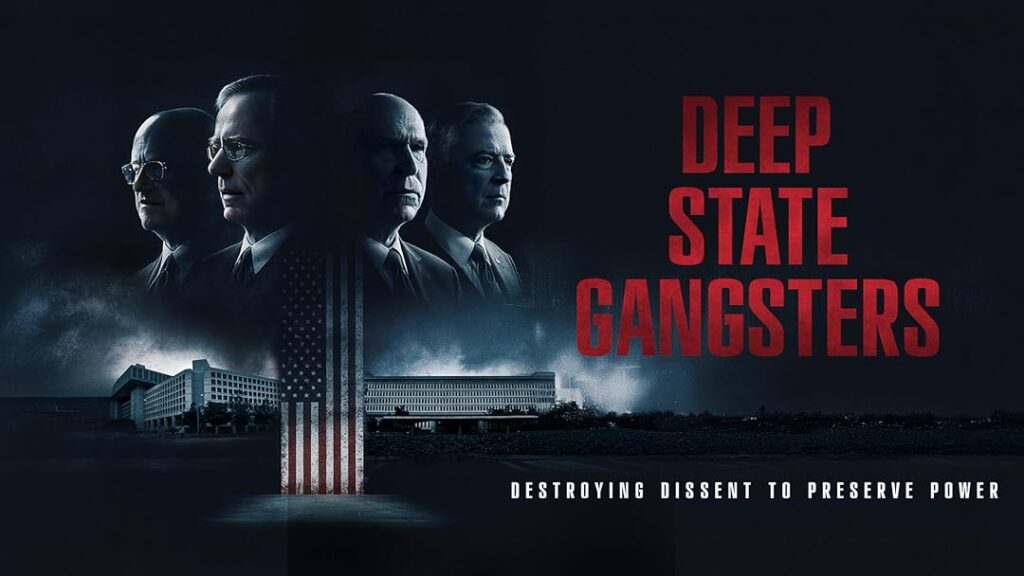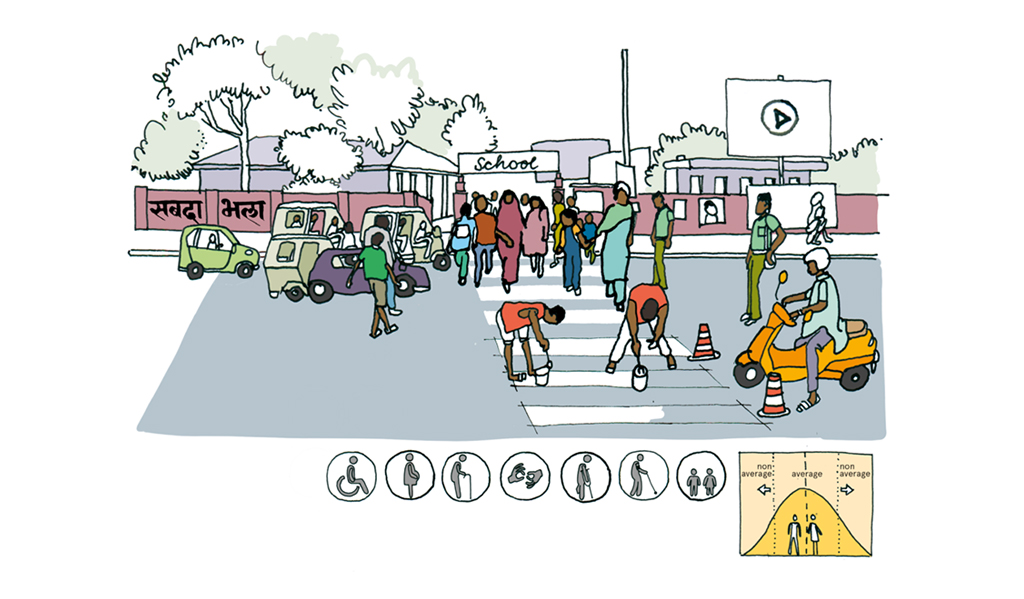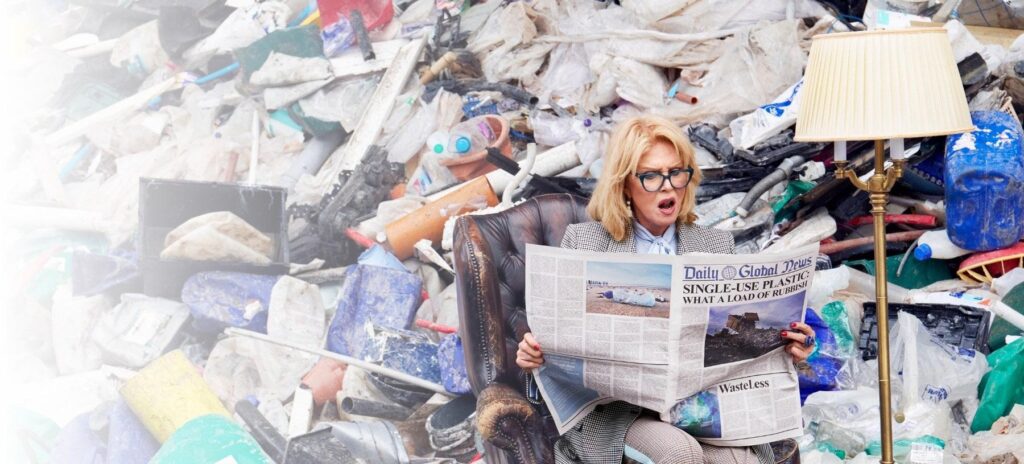1. The Double-Edged Sword of International Organizations
In an increasingly interconnected world, organizations like the UN, WHO, IMF, World Bank, and international NGOs are often projected as neutral, benevolent entities. They offer aid, policy frameworks, disaster relief, and “expertise.”
But the ground reality is more complex. These bodies often:
- Enter in times of crisis (natural disasters, pandemics, conflicts)
- Form alliances with local influencers, NGOs, or opposition groups
- Redirect national policies or social narratives under the guise of “crisis response”
- Shape laws, budgets, or even leadership transitions indirectly
While not always malicious, this model often undermines local sovereignty and traditional knowledge systems, fostering long-term dependency rather than resilience.
2. Manufactured Crisis or Managed Chaos?
There have been instances where crisis magnification appears to benefit external agendas:
📍 In Sri Lanka (2022)
Foreign-backed “sustainable agriculture” policies (linked to World Bank recommendations) led to a hasty ban on chemical fertilizers—triggering crop failures and economic meltdown.
(Source: Foreign Policy)
📍 In Africa
The IMF’s structural adjustment programs (SAPs) in the 1980s-90s enforced drastic cuts in education, health, and food subsidies—causing long-term harm under the label of “economic reform.”
(Source: Bretton Woods Project)
📍 In India (Farmers’ Protests, 2021)
International groups, including celebrities and activists, amplified protests with pre-prepared “toolkits.” Some local groups involved were later found to have foreign funding.
(Source: Al Jazeera)
3. How Do These Organizations Operate Locally?
International organizations rarely work alone. They:
- Partner with local NGOs, academics, media, or dissenting political factions
- Introduce policy templates that don’t align with cultural realities
- Push for regulatory shifts, often under pressure of funding
- Use surveys, data tools, and “impact models” that frame narratives
- Encourage mass mobilizations in the name of “civil society” or “equity,” often indirectly influencing elections or law-making
In short, they leverage domestic legitimacy via local allies to introduce international control mechanisms.
4. What the Local Public Must Do
🧠 1. Develop Critical Awareness
Don’t assume every aid or policy program is apolitical or neutral. Ask:
- Who is funding this initiative?
- What is being taken in return—data, land, laws, loyalty?
🏛 2. Support Accountable Local Institutions
Strengthen panchayats, cooperatives, indigenous councils, and regional self-help groups that reflect lived realities—not imported models.
📚 3. Revive Local Knowledge Systems
IKS (Indian Knowledge Systems) in farming, health, and governance are more sustainable than many external “best practices.” Use them to build internal strength.
📣 4. Expose Soft Power Tactics
Educators, journalists, and influencers must document and report where foreign-funded organizations influence protests, policies, or curricula without transparency.
🛑 5. Resist Emotional Hijacking
Crises (natural or political) often become emotional leverage points. Stay rational:
- Don’t share unchecked content
- Don’t fall for savior narratives
- Verify both local and global actors
🤝 6. Demand Transparency from Local NGOs
Ask your local NGOs:
- Where is your funding from?
- What’s your reporting chain?
- Who are your international collaborators?
5. The Path Forward: Sovereignty Through Self-Reliance
Crisis is an opportunity—either for external capture or internal strengthening. It’s time for India and similar nations to:
- Audit foreign influence in policy and activism
- Create domestic watchdogs for NGO transparency
- Promote education that develops political and cultural literacy
- Embrace local solutions before foreign ones
- Use international aid on our terms—not theirs
Conclusion: Be Aware, Not Afraid
Not all international organizations are evil. Many have saved lives during famines, floods, and pandemics. But awareness is key. Sovereignty is not only about land or borders—it’s about who shapes your mind, your policies, and your responses in times of crisis.
In the name of “help,” don’t let someone else write your future.



